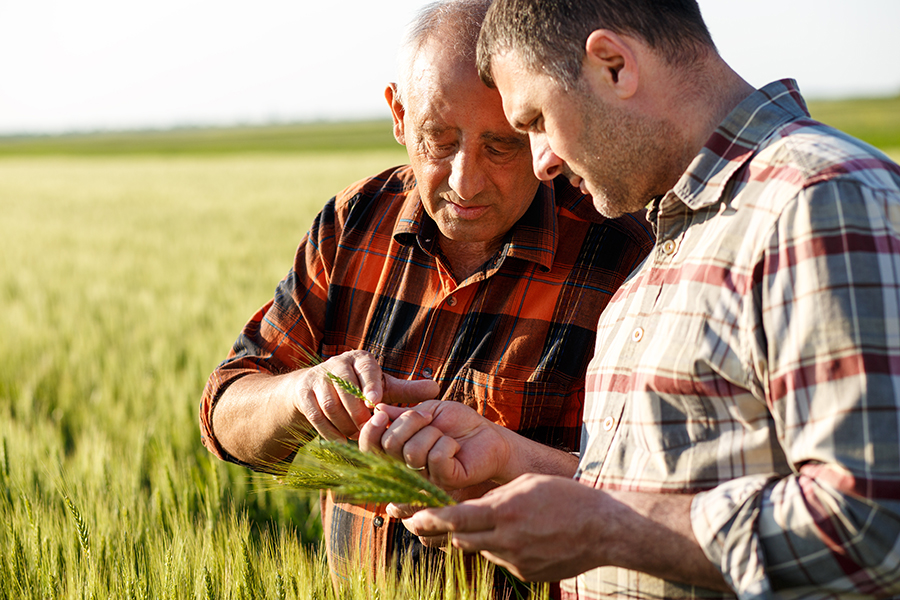Farm Business Management Tuition Cost-Share Now Available to Transitioning and Certified Organic Midwest Farmers and Ranchers
by University of Minnesota
Contact: Joleen Hadrich
College of Food, Agricultural and Natural Resource Sciences
jhadrich@umn.edu, 612.626.5620
Dec 1, 2021. St. Paul, MN. — The University of Minnesota, in coordination with the Farm Business Management (FBM) program, has additional scholarship money available for transitioning and certified organic farmers and ranchers through the Organic Farm Financial Benchmarking in the Upper Midwest project spearheaded by Associate Professor/Extension Economist Joleen Hadrich in the Department of Applied Economics.
Scholarships equal to 25% to 50% of the FBM tuition cost are available to all organic and organic transition producers including those who are direct-marketing or operating on a smaller scale. “Farmers and ranchers are invited to apply for the scholarship regardless of operation size, commodities produced or marketing channels used,” says Hadrich.
As an FBM student, growers work one-on-one with FBM instructors to improve their knowledge and understanding of accounting, budgeting, finance, tax management, and business analysis. FBM instructors visit grower farms to work directly with all members of the family who participate in business operations. At the end of each year, growers receive individualized income statements, cash flow reports and balance sheets for the operation as well as specialized enterprise analyses for different crops and/or marketing channels.
All organic data submitted through the scholarship program is included in the Center for Farm Financial Management’s online FINBIN database (finbin.umn.edu). Data will be aggregated and used to inform regional financial benchmarking reports and to build Extension programming.
Data from the first year of the project is available from the University of Minnesota in the Upper Midwest Organic Farm Business Management 2020 Annual Report. The report details whole farm and enterprise returns as well as traditional financial indicators for organic dairy and row crop producers in Minnesota and Wisconsin. The report, including enterprise results for organic dairy, soybeans, corn, corn silage, alfalfa hay and haylage, is available at z.umn.edu/OrganicReport. “With increased benchmarking efforts, we can learn more about how organic farms and ranches are performing financially,” Hadrich says. “And, equally important, we can make this information available to others who may be interested in going organic.”
Learn more about the organic benchmarking cost share program at agcentric.org/organic-farming-resources or by contacting Joleen Hadrich (jhadrich@umn.edu) or Gigi DiGiacomo (gigid@umn.edu).
Funding for the organic benchmarking cost-share program is provided through the USDA-Organic Research and Extension Initiative Program (2019-51300-30484).
